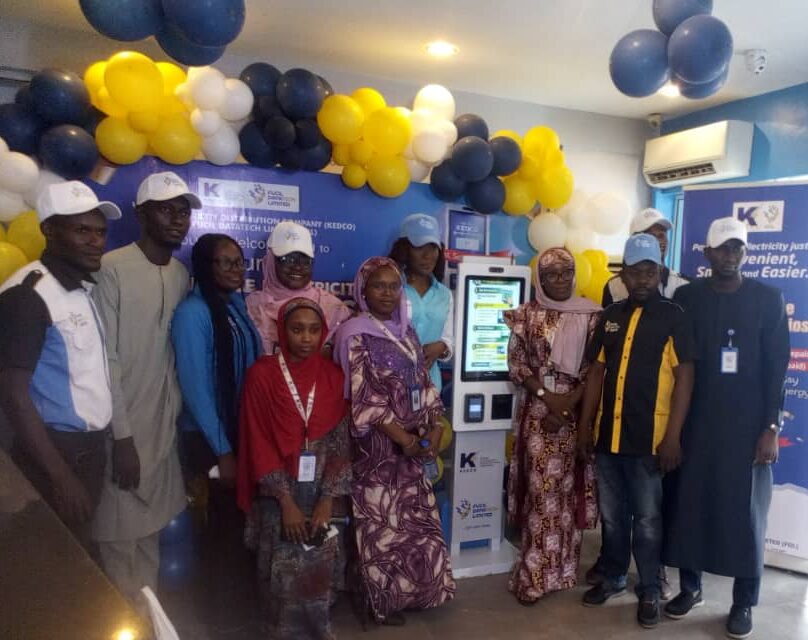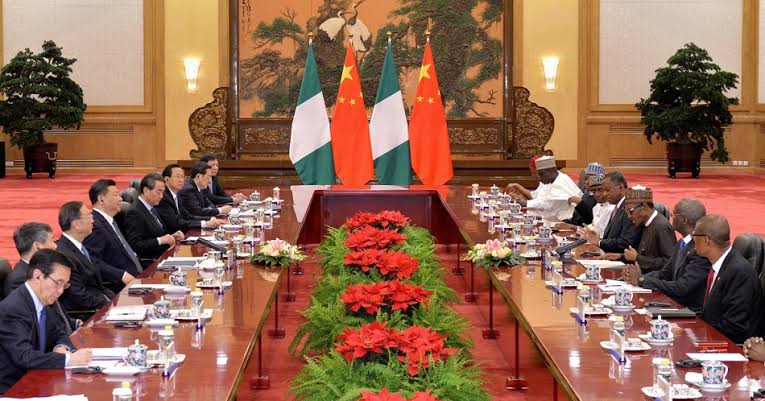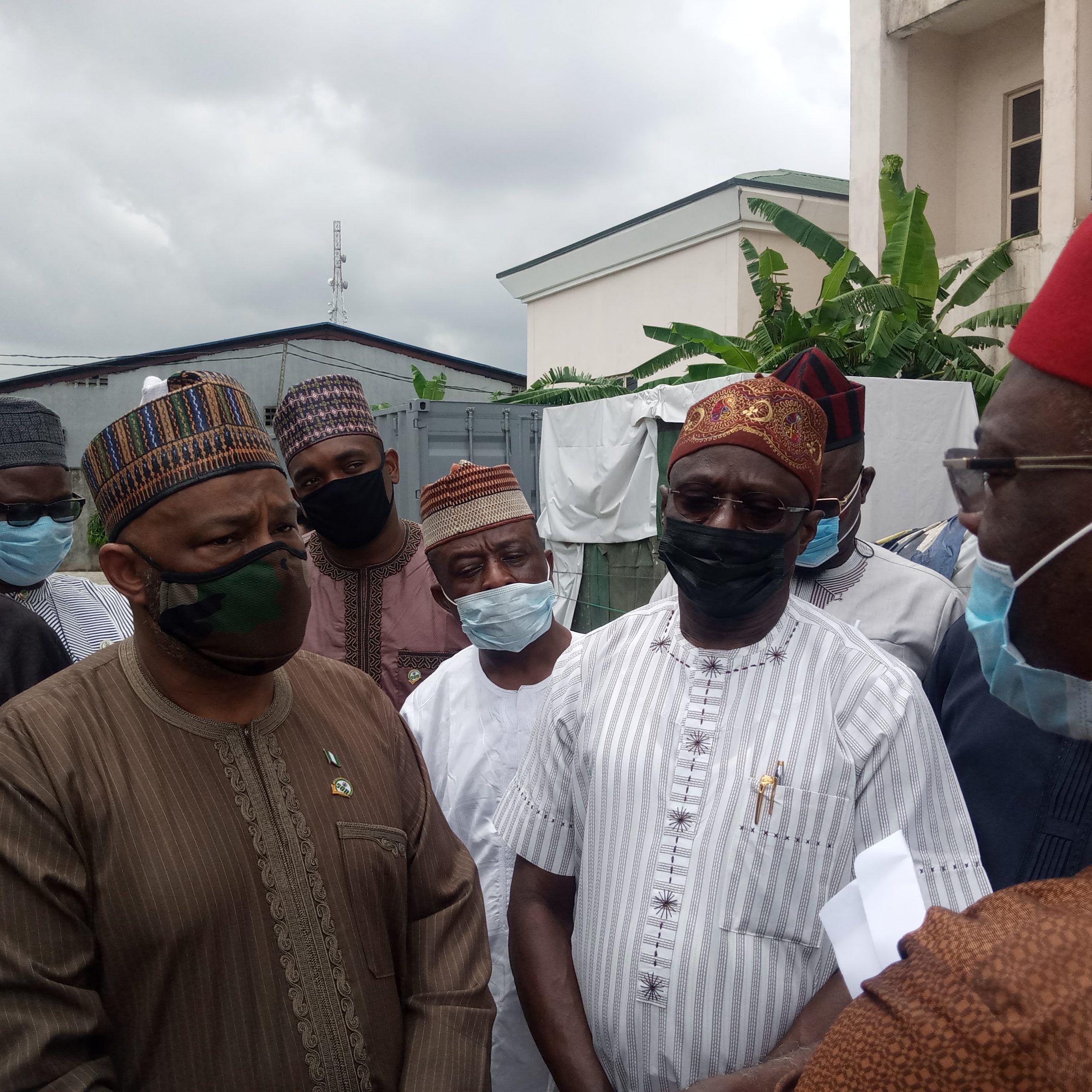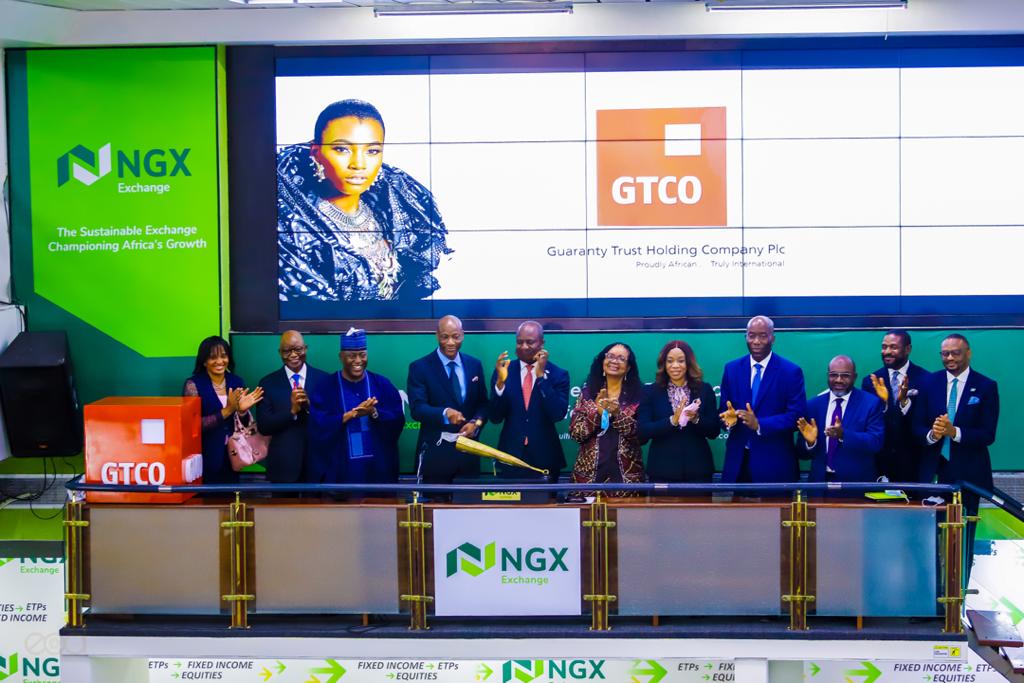By Ayo Fadimu
A sub-Sahara regional shipping line, Sealink floated by a consortium, would commence operations before the end of this year or in the first quarter of 2023, Mr Tayo Omioji, Head, Strategy and Communication, Nigeria Export-Import Bank (NEXIM), has disclosed.
He made this revelation at the just concluded Finance Correspondents Association of Nigeria (FICAN) 2022 Annual Conference with the theme “Boosting Domestic Capacity for Sustainable Export Earnings” in Lagos.
He claimed the Sealink Project was conceived out of the need for Nigeria to have regional shipping.
Omioji said the country currently engages the service of foreign vessels to move goods outside the country, which is expensive and having negative impacts on its foreign exchange earnings.
According to him, reliance on foreign vessels increases cost and travel time as goods are first moved from Nigeria to the point of origin of the vessels and then to the final destination.
“If we have our own shipping line, we can move our goods from other countries and bring them directly to Nigeria before moving to other countries,” he explained.
He noted that a lot has been done in terms of financing the project, though the Ebola epidemic, inability to find partnership agreement slowed it down.
“We later thought of further expanding the scope of the project. In addition to having a shipping project that allows moving our goods on international water, we also felt that we should also find scope in inland waterways.
“We need to do more in the infrastructure to move the goods from the cities to export destinations. We need to also develop our inland waterways. We can use barges to carry goods in the absence of port materials. That was why we were finding a scope in inland waterways,” he further stated.
He disclosed that NEXIM is currently working with the Nigeria Shippers’ Council, Nigerian Navy, Nigerian Inland Ways Authority (NIWA) and others to ensure smooth execution of the project.
Mr Omioji said, “Right now, we are charting and plotting the inland waterway, so that we can use barges to move some commodities.”
Meanwhile, the Nigeria Shippers’ Council (NSC) has advocated for more partnership from operators in the maritime industry to take advantage of the Sealink project for regional maritime services that promote connectivity and trade frequency in Africa.
More so, Mrs Adaora Nwonu, Assistant Director, Trade Services, Consumer Services Department, NSC, said as part of the effort to ensure efficient regional shipping, about 60 per cent completion level on automated process at the port has been achieved and efforts have been put in place to improve services in the ports.
“For us automation is key and among other components which include developing inland waterways. In order to have an efficient port operation, there has to be a regional shipping or carrier, so that we don’t continue to rely on foreign ones. Hence, the need for us to have our own shipping line.
“That is why we are working on our own shipping line called the Sealink Project and we have gone quite far. But beyond that, we are also advocating for more players and we are not leaving that just to the Sealink Project,” she asserted.
Mrs Nwonu disclosed that there are plans to have 24-hour operations at the ports because most ports in the world operate 24 hours.
She said though the Nigerian port has not yet achieved a 24-hour operation but it is currently doing about 16 hours and things have noted that there had been improvement in the country’s port.
According to her, the government is also aware of those challenges and, therefore, doing its best in addressing it.
“The shipping industry is dynamic in nature, but then, there are certain components that thrive in shipping business all over the world. We cannot run away from the fact that we need to automate our ports and our processes,” she maintained.
Mrs Anne Ezkannagha, Principal Manager, Trade and Exchange Department, Central Bank of Nigeria (CBN) said the Cabotage regime being handled by NIMASA is to encourage indigenous vessel financing.
She noted that the cabotage regime, which is under the supervision of the Ministry of Transportation and a disbursement bank, had not gone far the way it was expected.
She also claimed that the current minister of transportation had assured that the cabotage vessel financing fund would soon become a reality.













